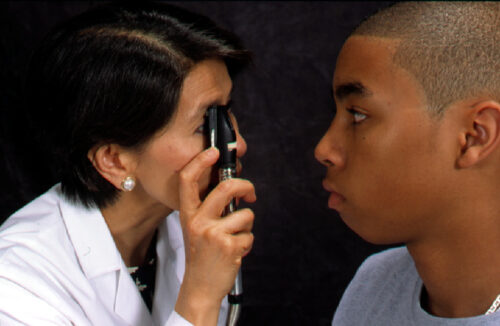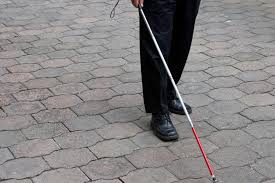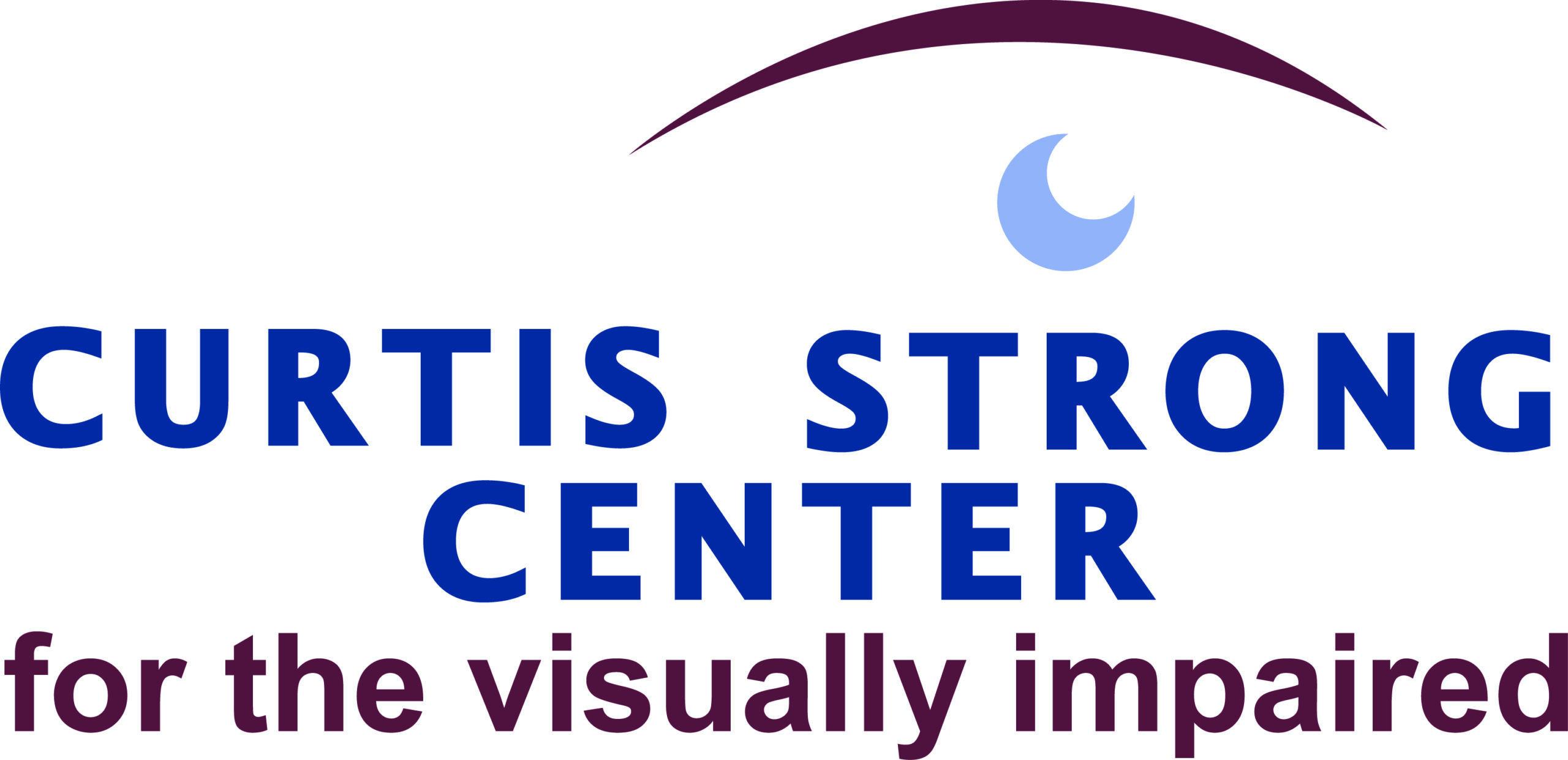Comprehensive Low Vision Program

Our dedicated, professional staff of low vision specialists, which includes optometrists, occupational therapists, orientation and mobility instructors, assistive technology, and administrative staff, is dedicated to helping you in your journey of loss and discovery. Curtis Strong team provides a comprehensive program of vision rehabilitation to address your needs. Low vision assessments are performed by a low vision doctor who evaluates each individual’s low vision needs. These include low vision acuity, glare control, contrast sensitivity, and binocularity. Unlike other eye care professionals, we do not diagnose. You will be assessed for your low vision needs only.

Occupational Therapy Services
Patients receive a functional assessment from the Occupational Therapist to determine how their vision loss impacts their ability to perform daily tasks. Training can occur in the clinic, home, and/or workplace. Training includes learning how to use their best remaining vision and providing necessary tools to maximize the use of their remaining vision to manage self-care, finances, medication, cooking, mobility, and safety.
OT Home Visits
All OT home visits are individualized to meet the client’s goals and current needs. Some areas that may be addressed include:
- Lighting Assessment and recommendations.
- Home Safety Assessment.
- Eccentric Viewing training for reading and writing to help patient access and utilize their remaining vision efficiently.
- Assess and make recommendations for TV placement.
- Mark appliances for increased independence in the kitchen and laundry room.
- Assess and make recommendations about using the phone.
- Teach strategies to manage cooking, cleaning, self-care and activities of interest.
- Assess and teach use of tools including magnifiers, glasses, electronic magnifiers and adaptive tools.
- Assess and teach use of tech accessibility options on computer, tablet, or cell phone.
- Teach strategies for moving safely around the home.
- Assess and teach proper use of filters to improve contrast and reduce glare.
- Teach patients to use contrast to increase independence in the home.
- Teach strategies for entering the home, including unlocking and locking doors, marking steps, and adjusting to elevation.
- Teach organization strategies for increased safety and independence.
Evaluate and teach the use of tools and strategies to resume or continue activities of interest, including sewing, knitting, woodworking, gardening, and other leisure tasks.

Orientation and Mobility Training
Curtis Strong’s comprehensive rehabilitation program would not be complete without addressing mobility and safety. A Certified Orientation and Mobility Specialist (COMS) provides instruction to individuals with visual impairment in using their remaining senses to determine their position within the environment and in techniques for safe movement from one place to another. This may include the use of a white cane for travel. They work with you on walking, accessing and using transportation, and travel safety.

Assistive Technology
Assistive Technology reaches clients of all ages and skill levels. The centers offer assistive technology training for the visually impaired. This program allows patients to attend school, return to or continue working, communicate with family, remain independent with financial management and continue to read. This can include specialized computer enhancement/magnification software such as ZoomText, computer accessibility features, using electronic magnification, tablets, smartphones, apps, and Alexa/Siri-type devices. This is not a beginner technology training.
Support and Education
Our staff understands that coping with vision loss is difficult and that support is crucial in physically, emotionally, and socially adapting. Our occupational therapists will provide resources and discuss various aspects of adapting, such as communicating with family members, joining one of our support groups, and advocating for oneself.
Curtis Strong and Ensight Skills Centers offer virtual support groups twice a month. For more information, call 970-407-9999.
Stories and Support: Our Blog and Social Media
Our newsletter and blog cover the stories of our clients and others who have experienced vision loss as well as information about assistive technology, eye disease research, and many other low-vision topics.
Follow our Facebook page.
Watch our website for updated information on these topics as well as announcements about our services and educational or social opportunities.
